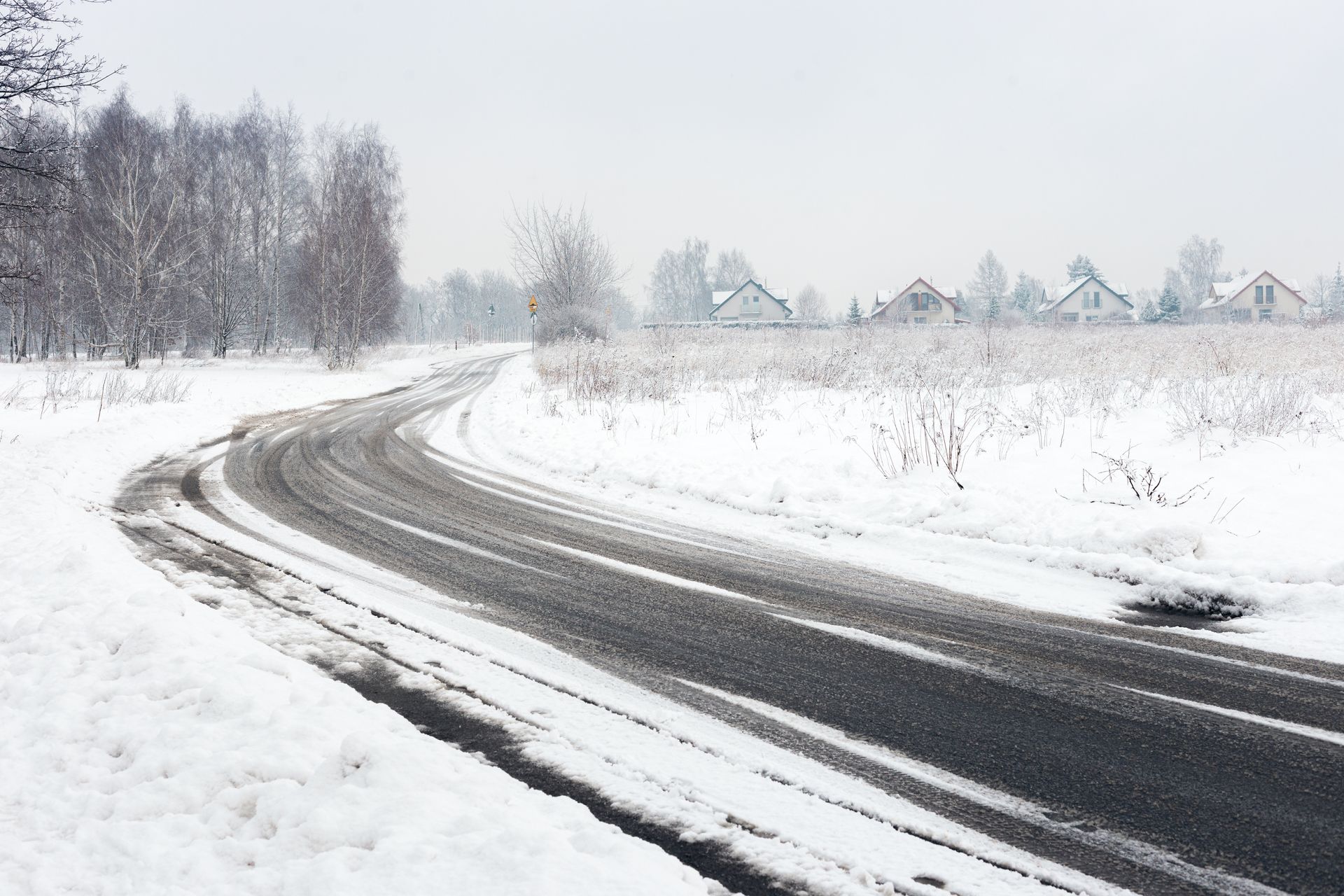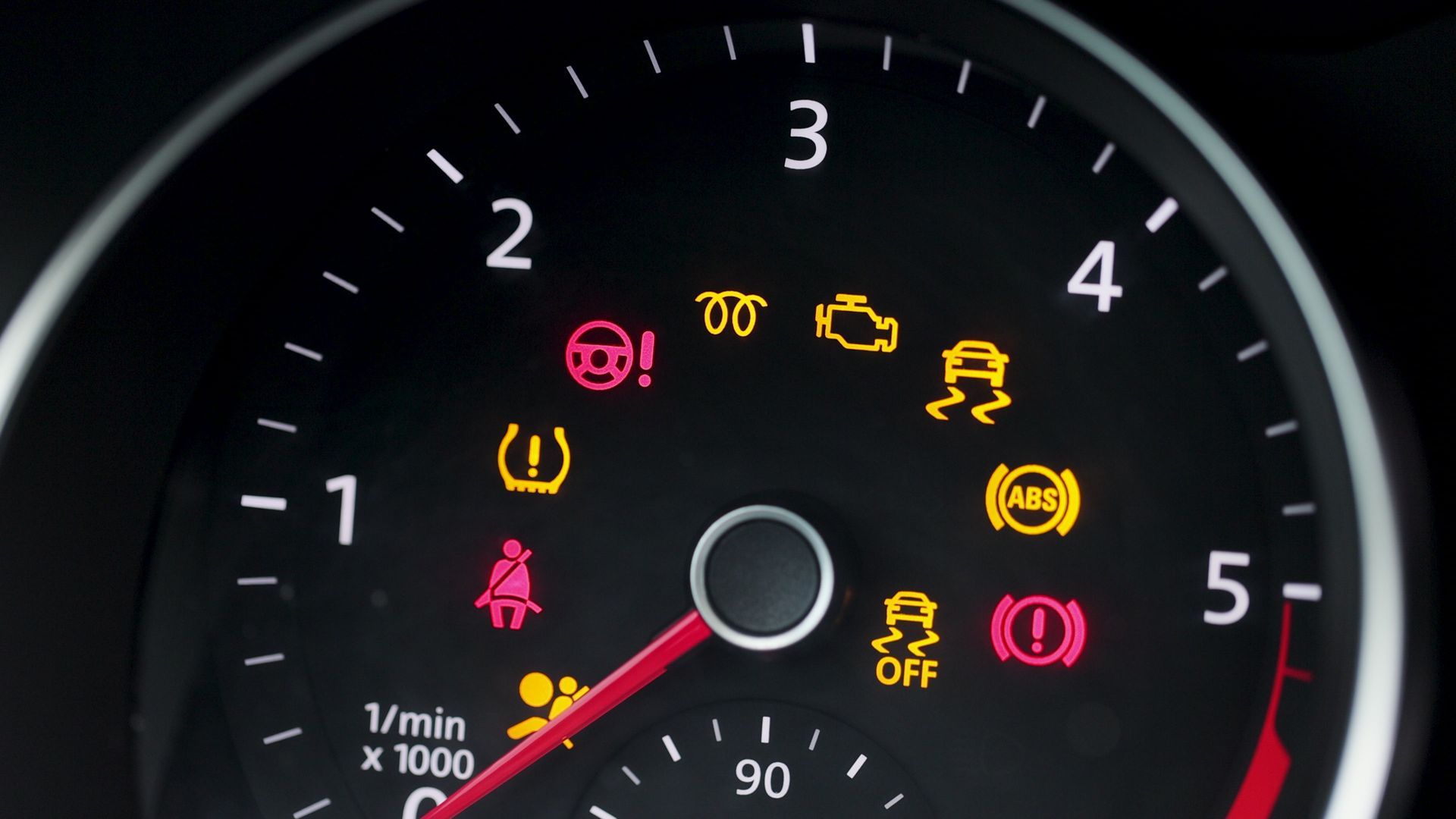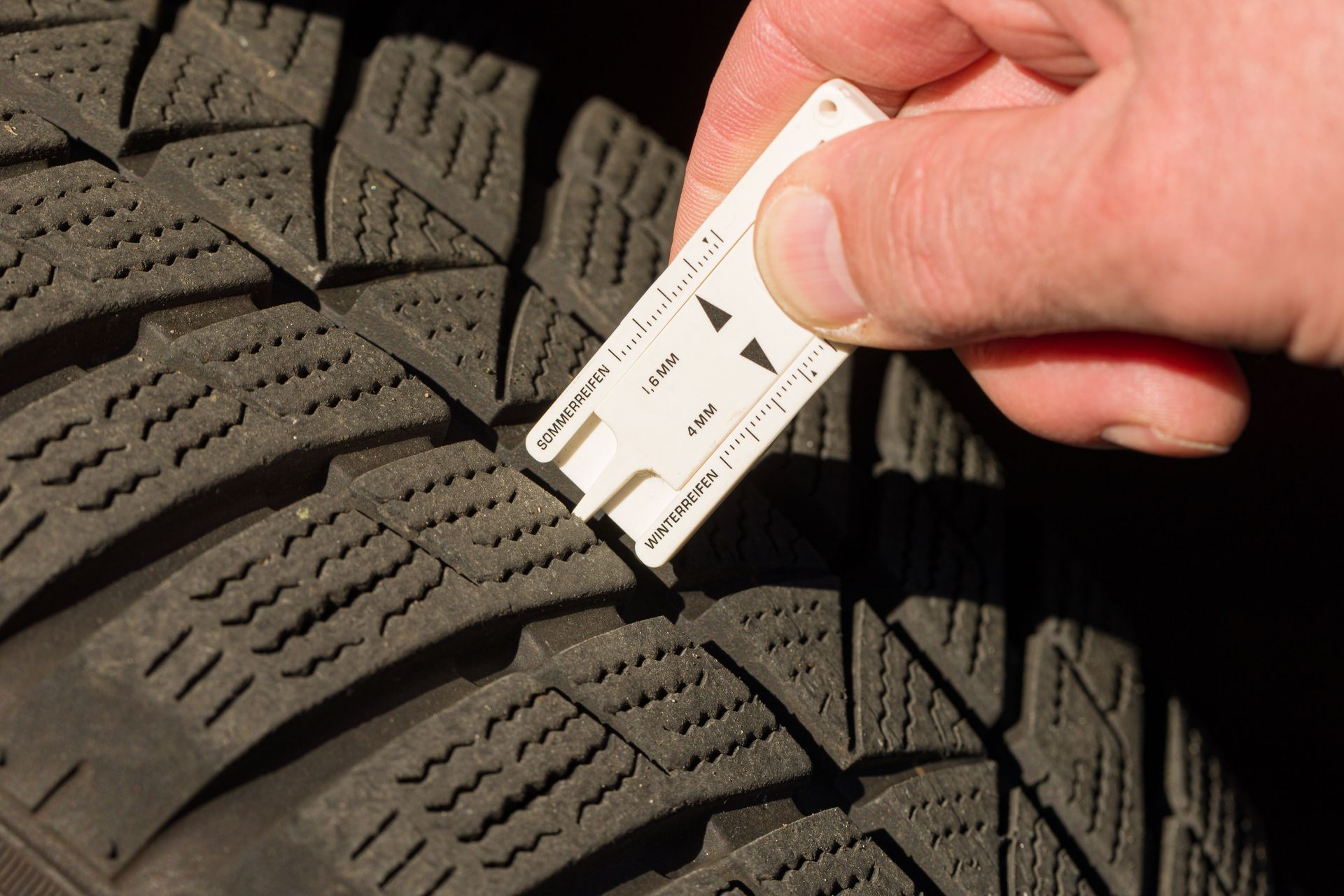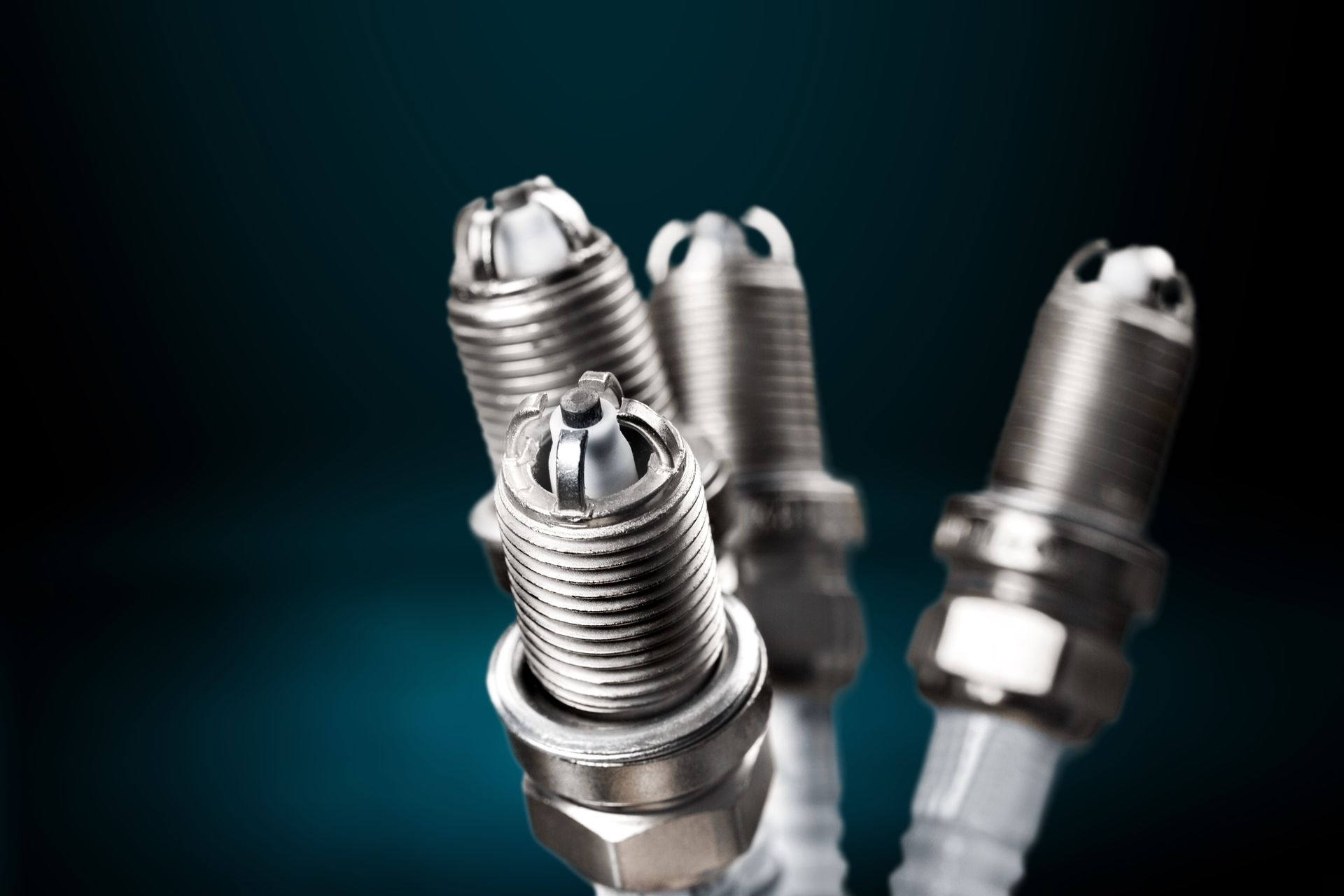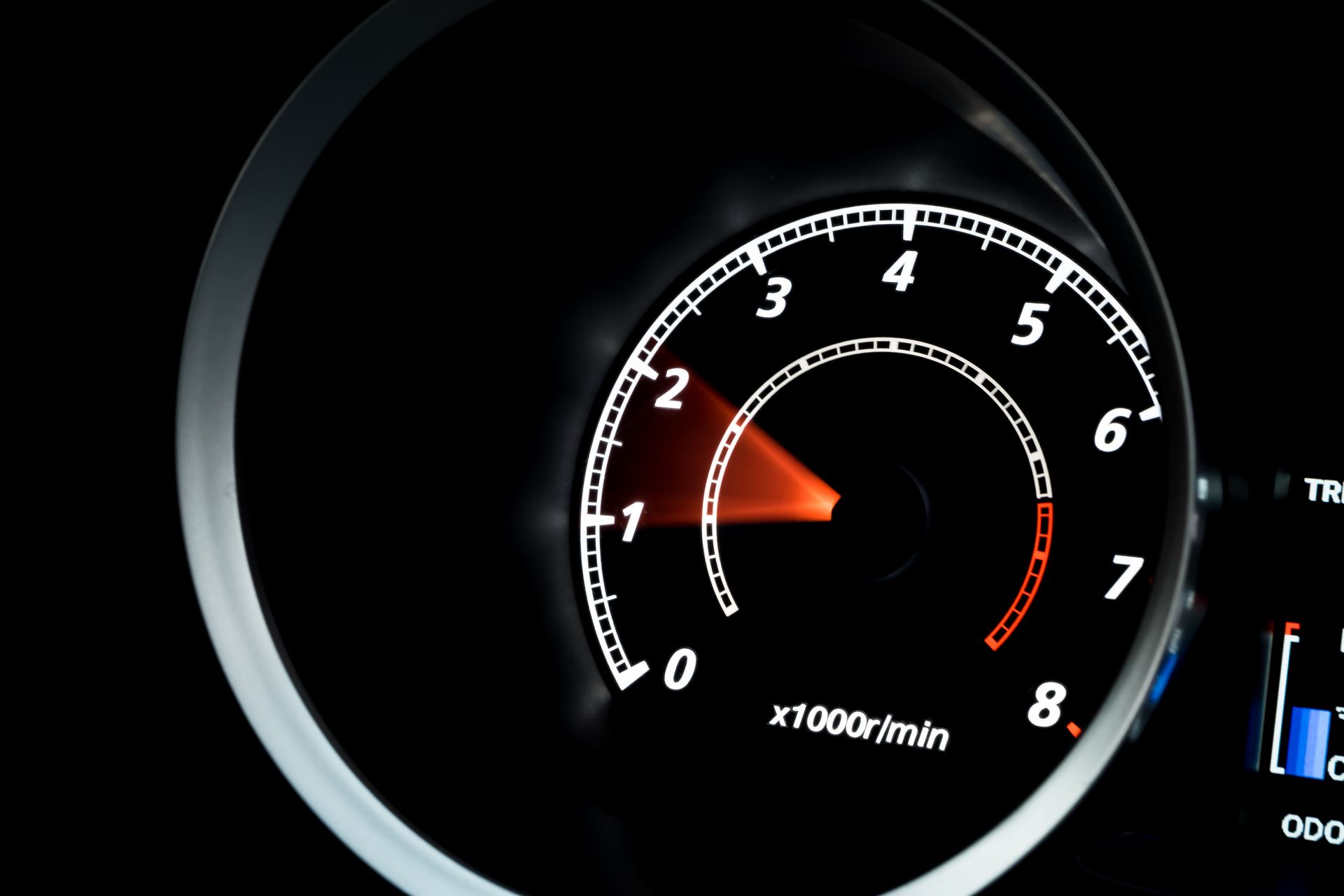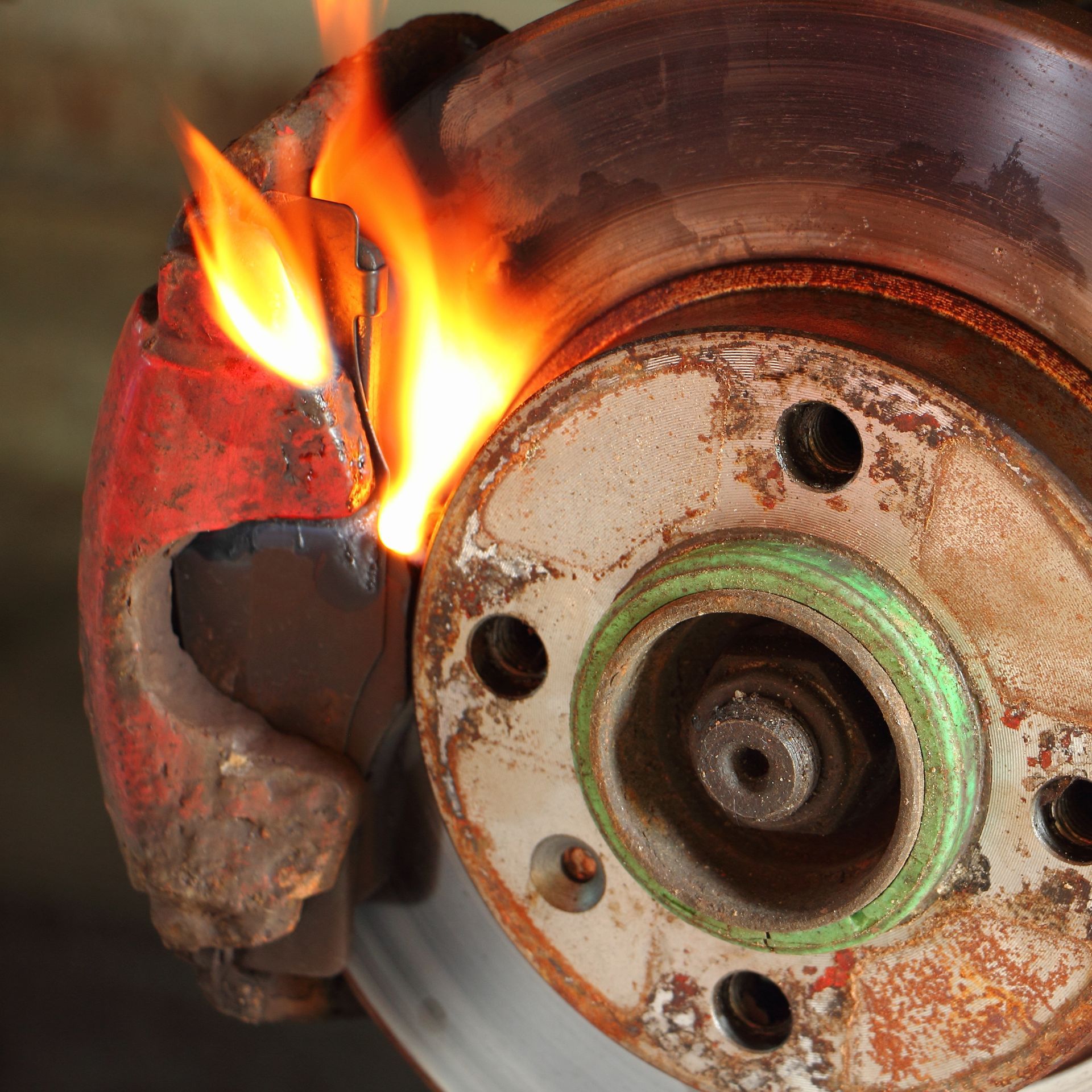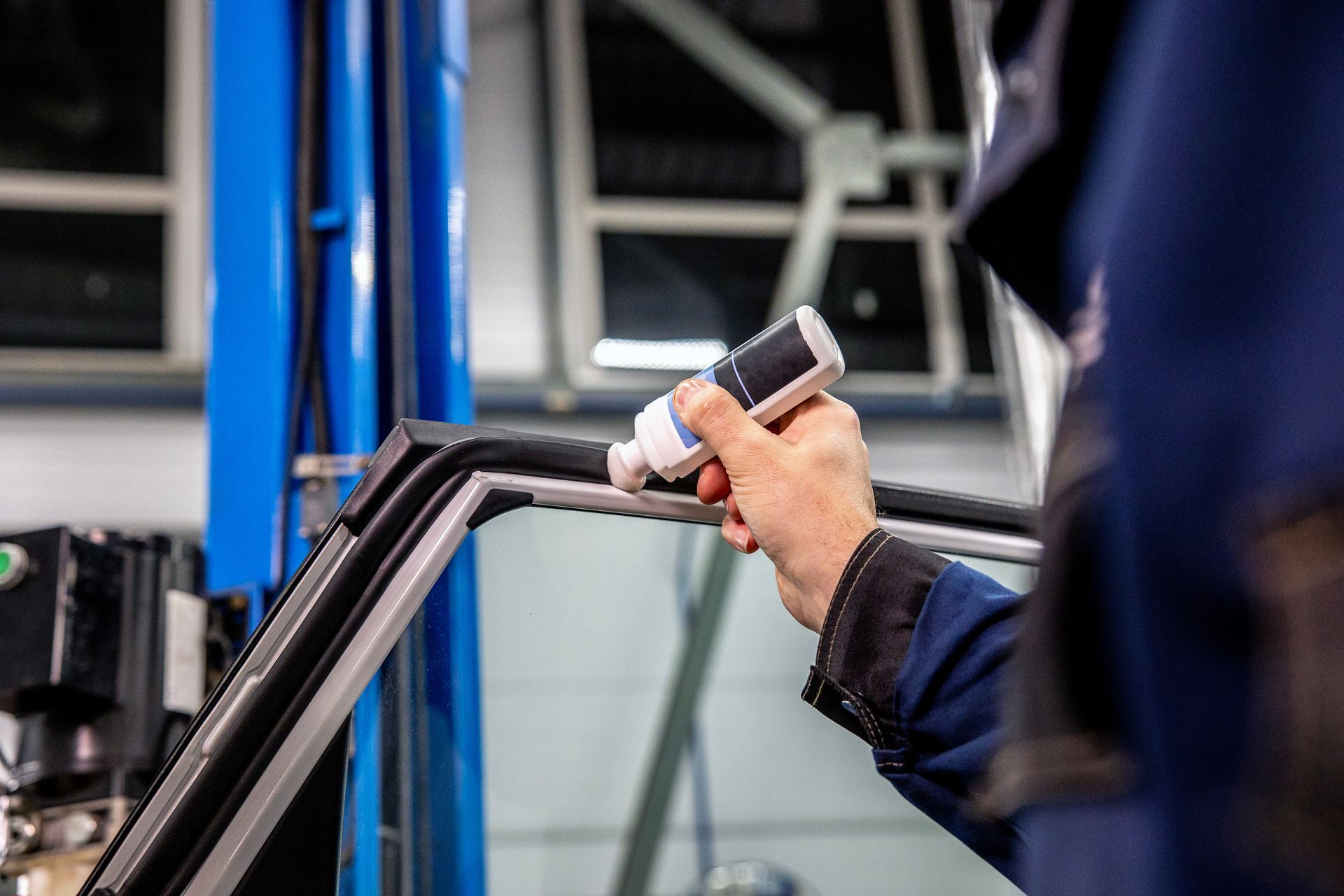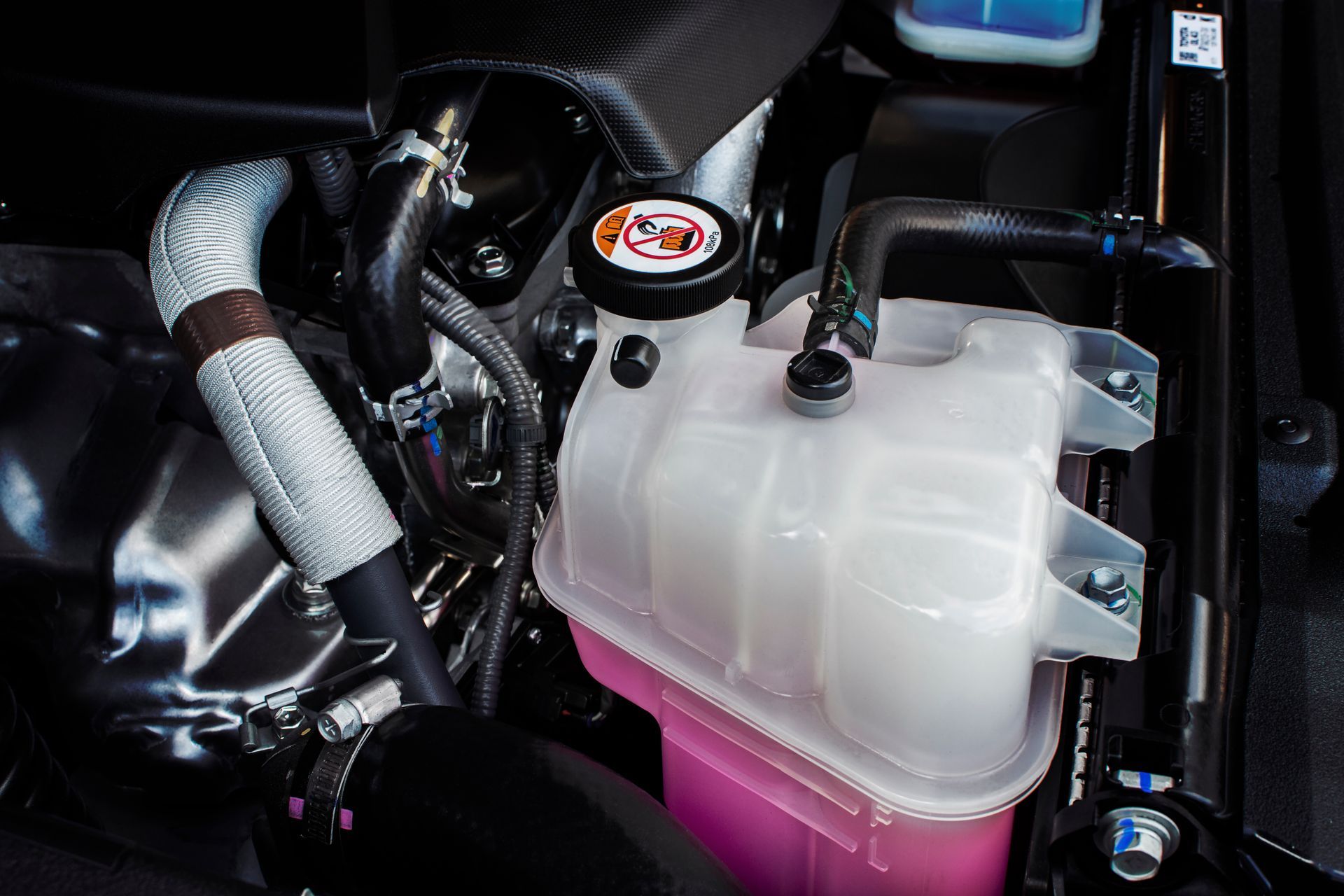Have you ever experienced the frustration of an overheating engine? It's a common issue that can leave you stranded on the side of the road and potentially cause costly damage to your vehicle.
1. Insufficient Coolant Levels
One of the primary reasons for an overheating engine is insufficient coolant levels. Coolant, also known as antifreeze, plays a crucial role in regulating your engine's temperature by absorbing heat and dissipating it through the radiator. When coolant levels are low, there isn't enough fluid to effectively cool the engine, leading to overheating.
2. Cooling System Leaks
Another common cause of engine overheating is leaks in the cooling system. These leaks can occur in various components, such as the radiator, hoses, water pump, or even the engine itself. When coolant leaks out of the system, it reduces the amount of fluid available to cool the engine, causing it to overheat. It's essential to regularly inspect your vehicle for any signs of coolant leaks, such as puddles under the car or visible damage to cooling system components.
3. Faulty Thermostat
The thermostat is a critical component of your vehicle's cooling system that regulates coolant flow through the engine. If the thermostat becomes stuck closed, it can prevent coolant from circulating properly, leading to overheating. Conversely, if the thermostat becomes stuck open, it can cause the engine to run too cool, reducing fuel efficiency and potentially causing other issues. A faulty thermostat should be replaced promptly to prevent engine overheating.
What to Do When Your Engine Starts to Overheat
If you notice your engine temperature gauge creeping into the danger zone or see steam coming from under the hood. In that case, it's crucial to take immediate action to prevent damage to your vehicle. Follow these steps to address an overheating engine safely:
Pull Over Safely
As soon as you notice signs of engine overheating, safely pull over to the side of the road or into a parking lot. Turn off the engine and allow it to cool down.
Open the Hood Carefully
Once the engine has cooled down, open your vehicle's hood carefully. Be cautious, as escaping steam can cause burns.
Check Coolant Levels
Carefully remove the radiator cap (only if the engine is cool) and check the coolant levels. If the coolant level is low, add coolant or water to the radiator to bring it to the proper level.
Check for Leaks
Inspect the hoses, radiator, and water pump for leaks. If coolant leaks from any of these components, it's essential to address the issue before continuing your journey.
Allow the Engine to Cool
After adding coolant or water, wait for the engine to cool down completely before restarting it. This may take several minutes, so be patient.
Restart the Engine
Once the engine has cooled down, restart it and monitor the temperature gauge. If the engine continues to overheat, or if you notice any other signs of trouble, it's best to call for roadside assistance or seek help from a qualified mechanic.
We are more than familiar with an overheating engine. Call Proper Service of Baldwin Place, and we will take care of all your vehicle's repairs, maintenance, and other needed procedures.

